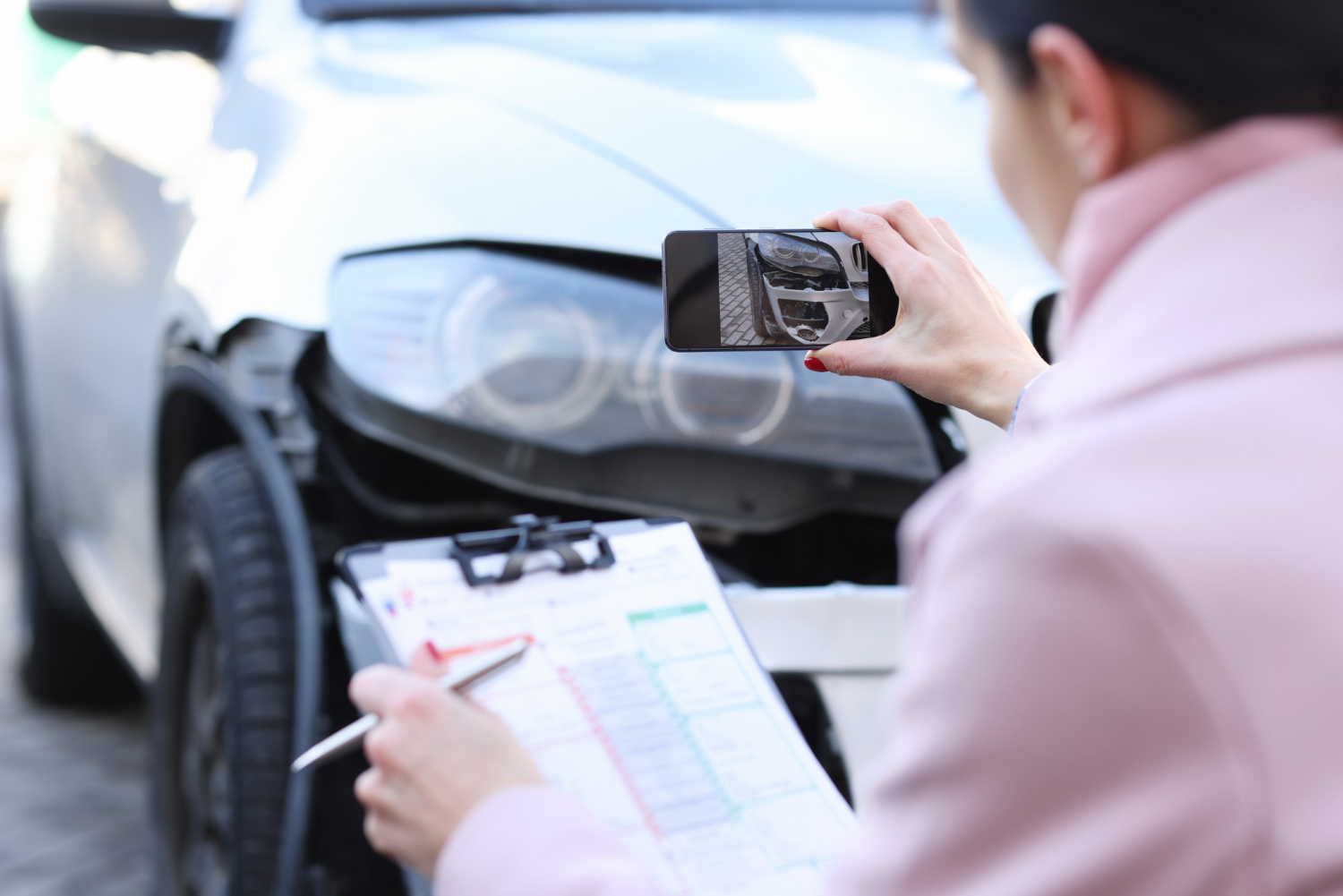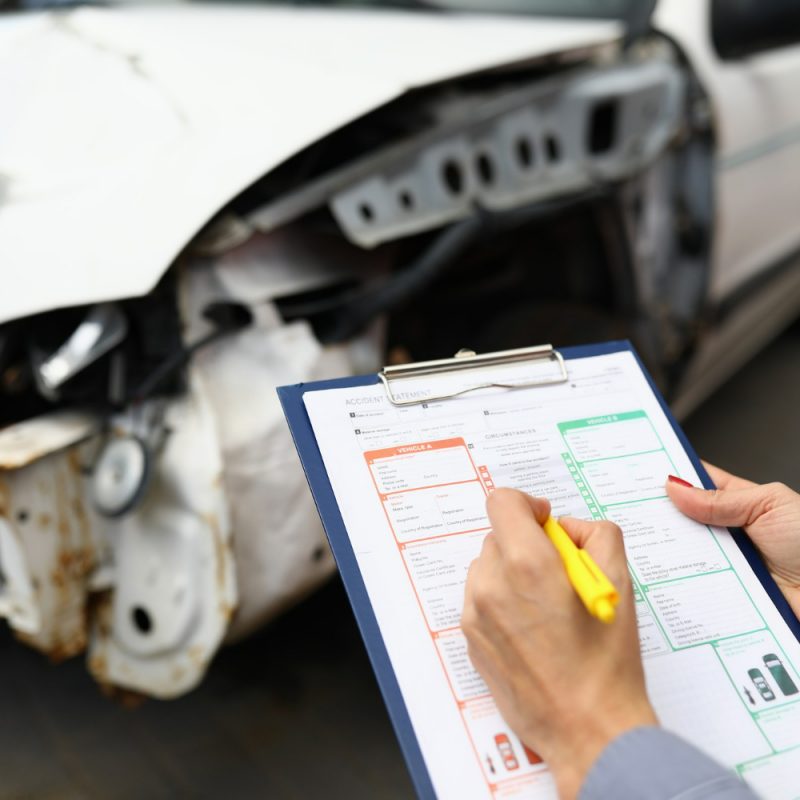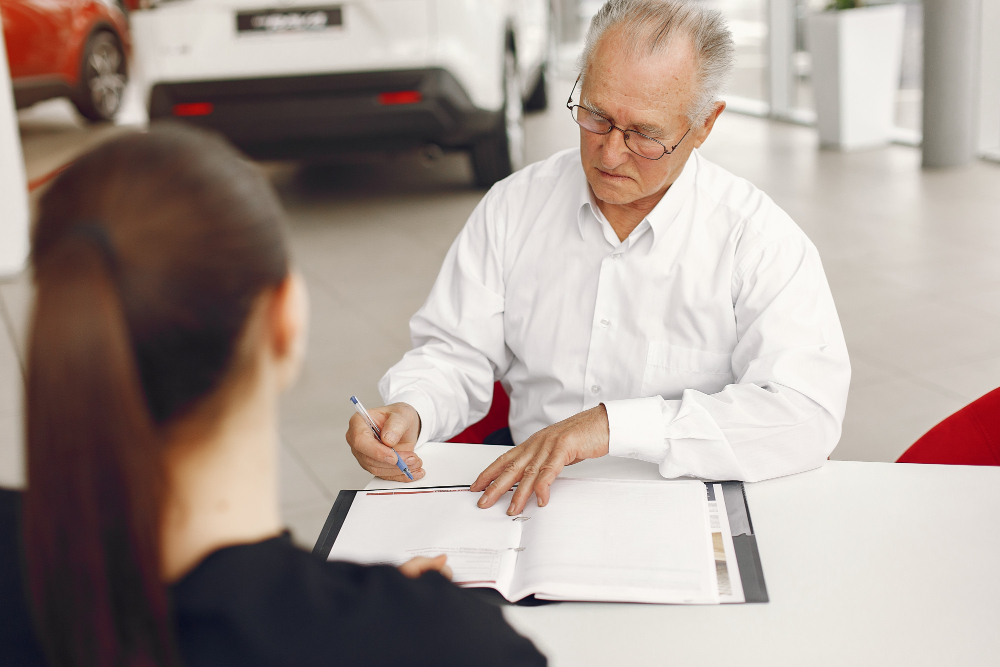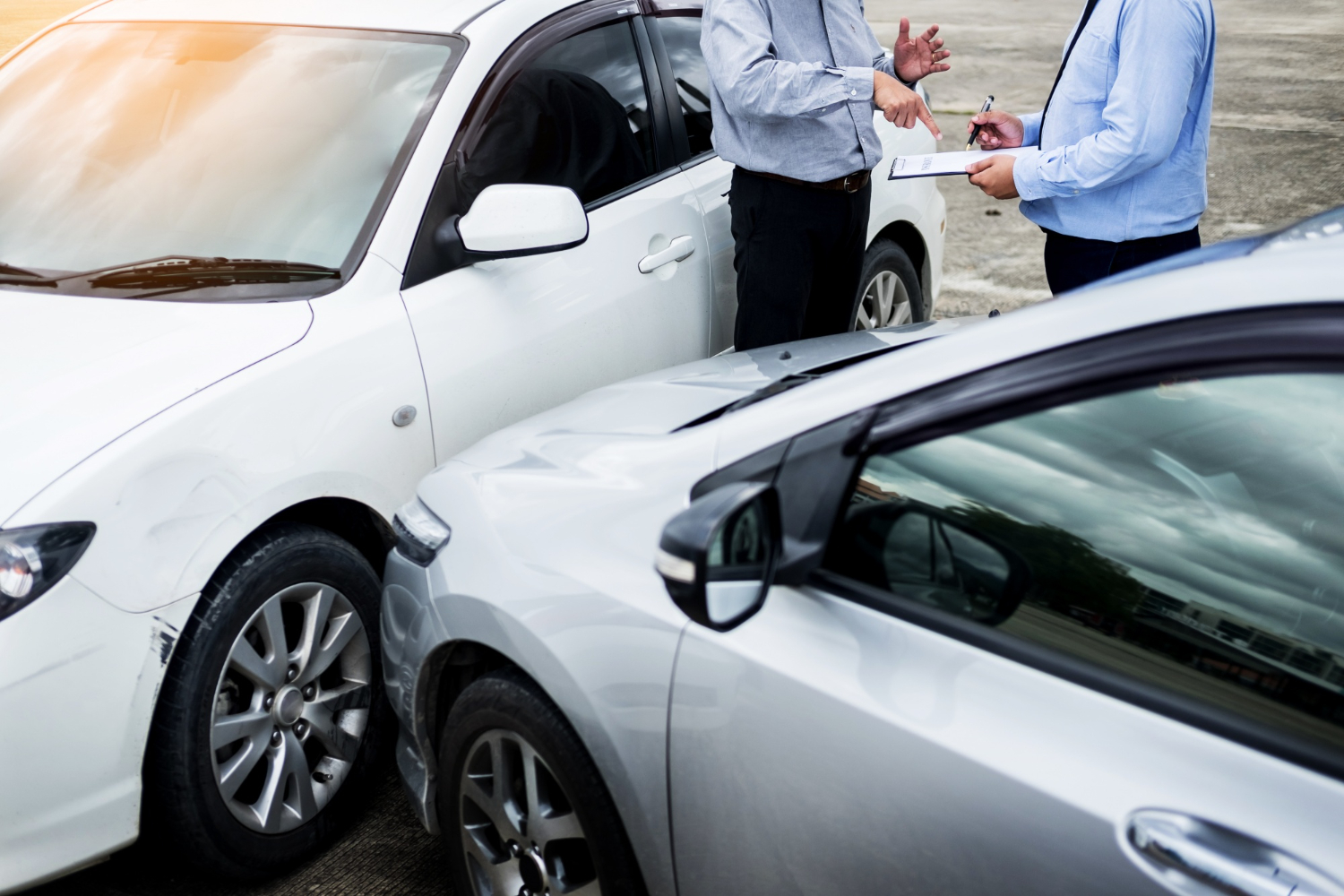What To Do After a Car Accident
Among other useful topics, we will discuss what to do after an accident, including what to expect when you file a claim with your insurance company. Let’s get started.

What To Do If You Are Involved in a Car Accident: a Checklist

- Call 911 if someone is injured.
- Call the police. Although in some areas, police authorities may respond to every accident scene, you should attempt to notify the police. Remember that most insurance policies require notification to the police within a specified time period if the accident is a hit-and-run.
- Get the following information from all drivers, passengers, and witnesses: names, addresses, telephone numbers, and driver’s license numbers.
- Make sure to get license plates and vehicle identification numbers. Ask to see the other people’s driver’s licenses and vehicle registrations to corroborate the information.
- Nowadays everyone carries a smartphone with a camera. If you have one with you (or a camera), take photos of the damage and the accident scene, making sure to include traffic controls and visual obstacles.
- Contact your insurance agent and/or your insurance company and notify them of the accident immediately.
- Remember that if anyone is injured or the vehicle damage exceeds $750.00, you are required to report the accident to the California DMV (Department of Motor Vehicles) within 10 days. Failure to do so may result in the suspension of your driver’s license.
Have any questions? Call us now! (951) 547-4240
(FAQ)
Frequently Asked Questions About Car Accidents
Q. What happens after I file an insurance claim following an accident?
Q. What should I do if no one from the insurance company contacts me after reporting the accident?
Q. How do insurance companies evaluate vehicle damage after an accident?
In some cases, additional damage is uncovered during the repair process. When that happens, the repair or body shop will contact the insurance company to get approval for the additional cost of repairs. The insurance company may send an adjuster to inspect the additional damages.
Q. What is Actual Cash Value (ACV) in auto insurance?
Q. What happens with the balance of the car loan when an accident occurs?
Many people learn about this the hard way. If you want to prevent headaches, you can purchase a type of insurance known as “gap insurance” that will help you in that situation.


Q. The check is made under whose name?
Q. Will the insurance company pay for a rental car while mine is being repaired?
Q. What is the salvage value?
Q. What is subrogation?
Q. Is the insurance company required to help me recover my deductible?
Q. If I insure my car in California, will it be covered outside the state?
As for countries other than the U.S. and Canada, most standard policies do not provide coverage in Mexico. If you plan to drive your car in Mexico, it’s advisable to buy a separate coverage to get protection.
Q. Will my insurance cover a newly acquired vehicle?
If you want additional coverage for extra protection, most policies require you to notify your insurance agent within a certain time period.
3 Things You Should Avoid After a Car Accident

Refrain from entering into arguments with other drivers and passengers.

Do not, under any circumstance, sign documents or statements about fault or promising to pay for the other party’s damages.

If the other party offers to pay your deductible, don't sign anything.
Some Important Tips
If you don’t understand your policy or the claims procedure, don’t hesitate to contact your agent and/or company for clarification.
If you have an accident, call the police. If there are injuries, call paramedics.
Get as much information as possible at the accident scene (see the checklist at the top of this article) and relay that information to your insurance company.
Immediately notify your agent and/or insurance company of an accident.
Cooperate with the insurance adjusters and investigators.

